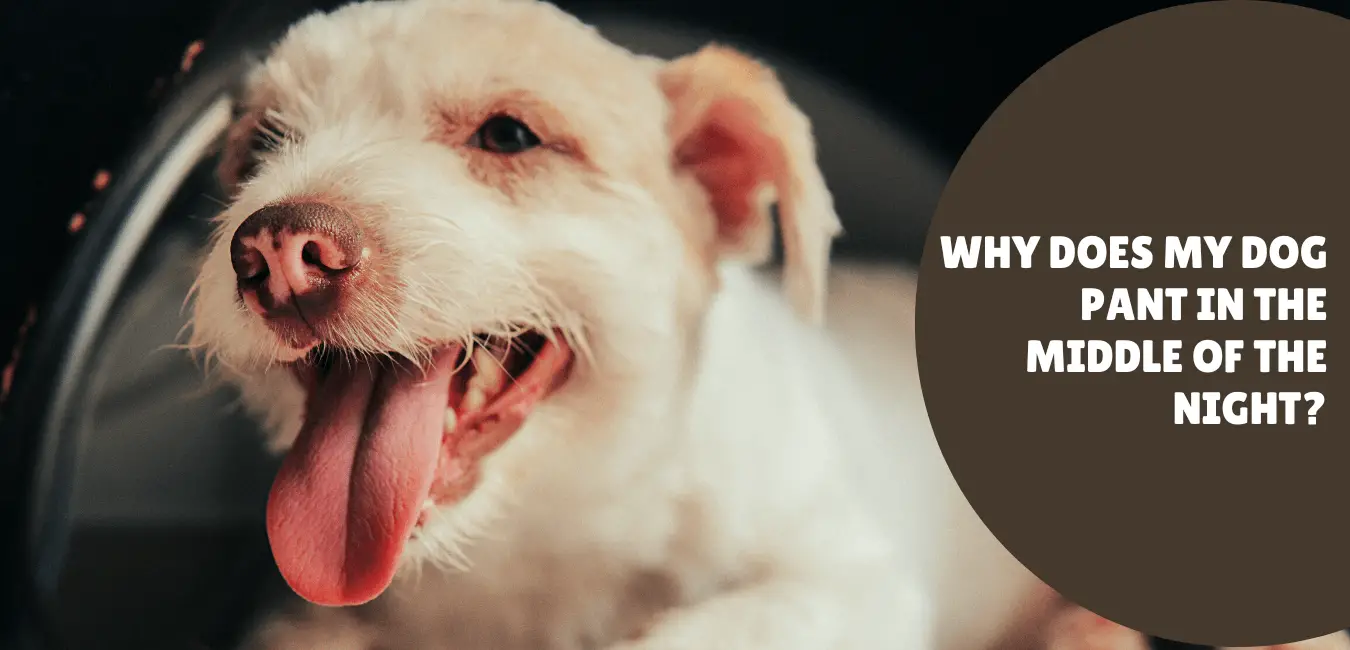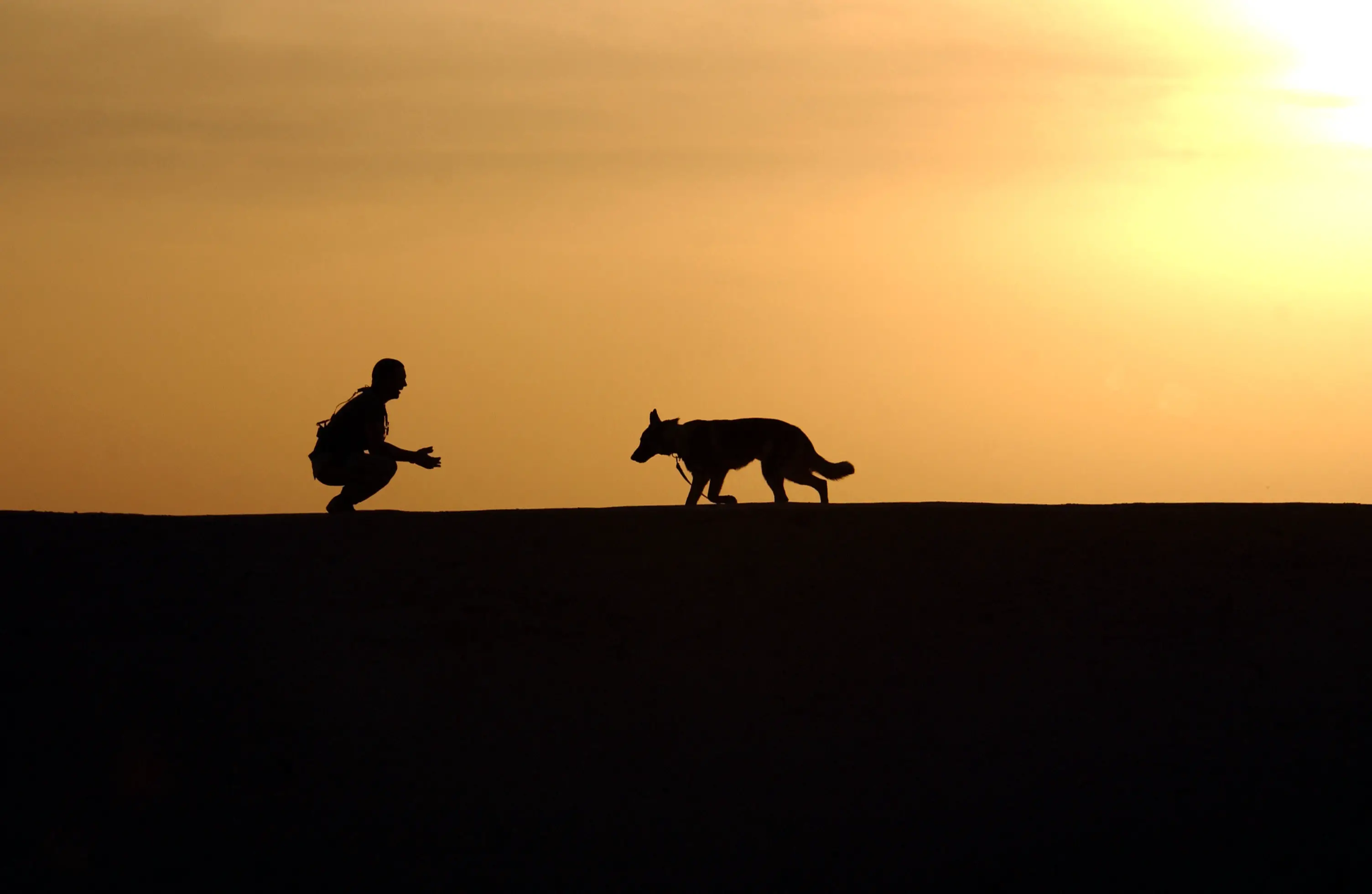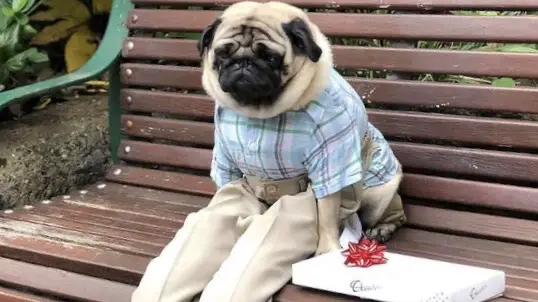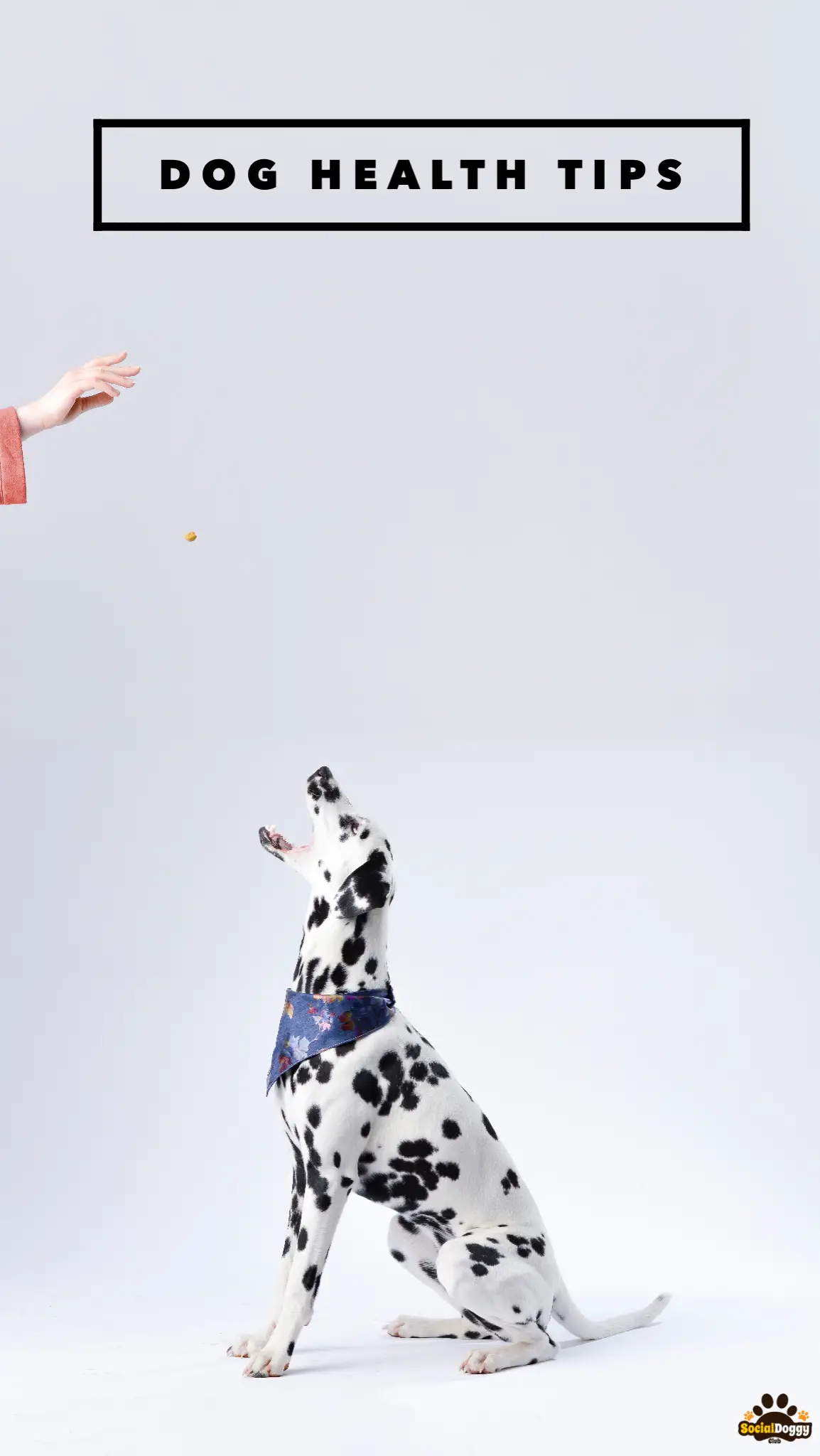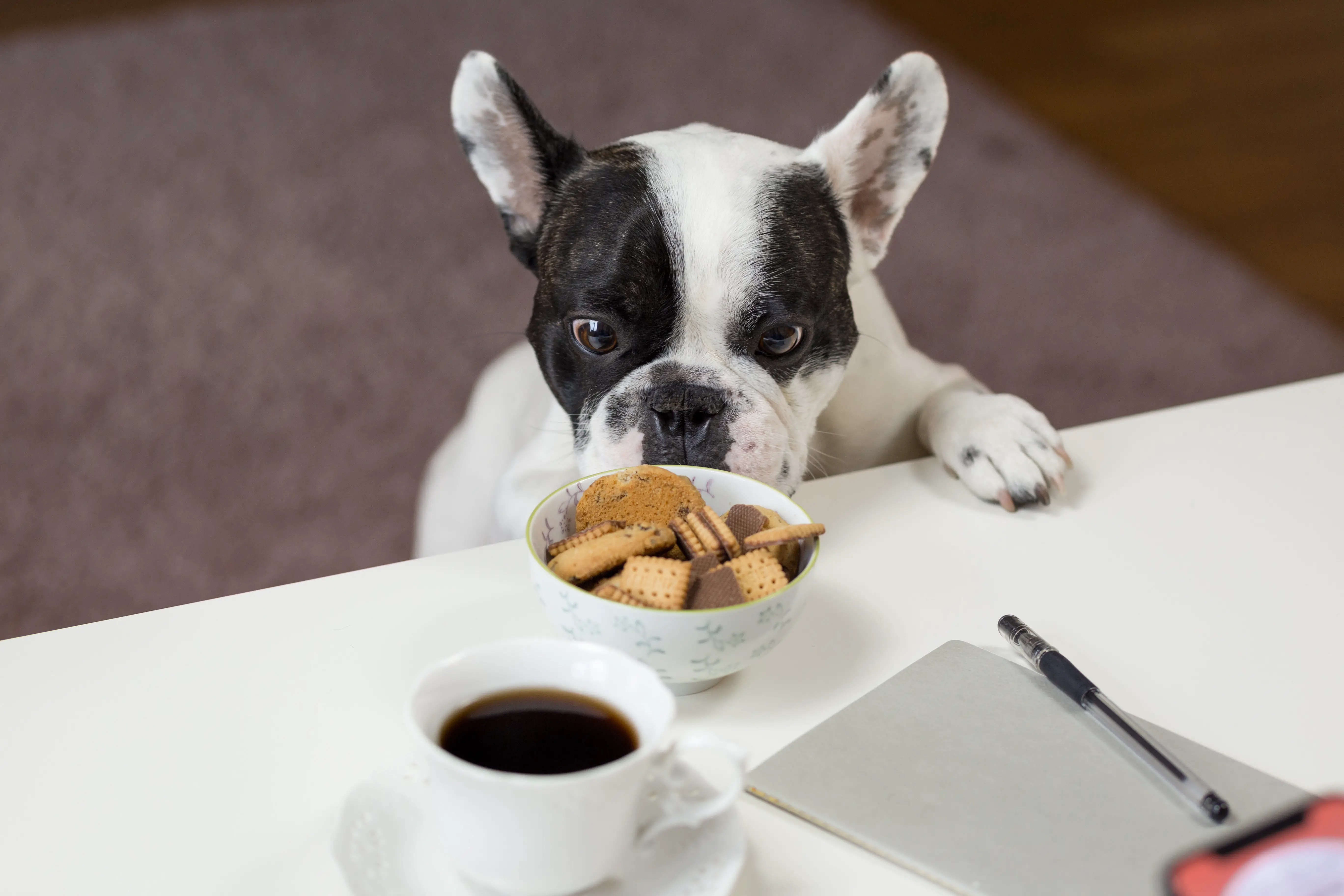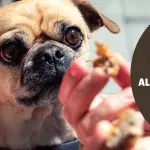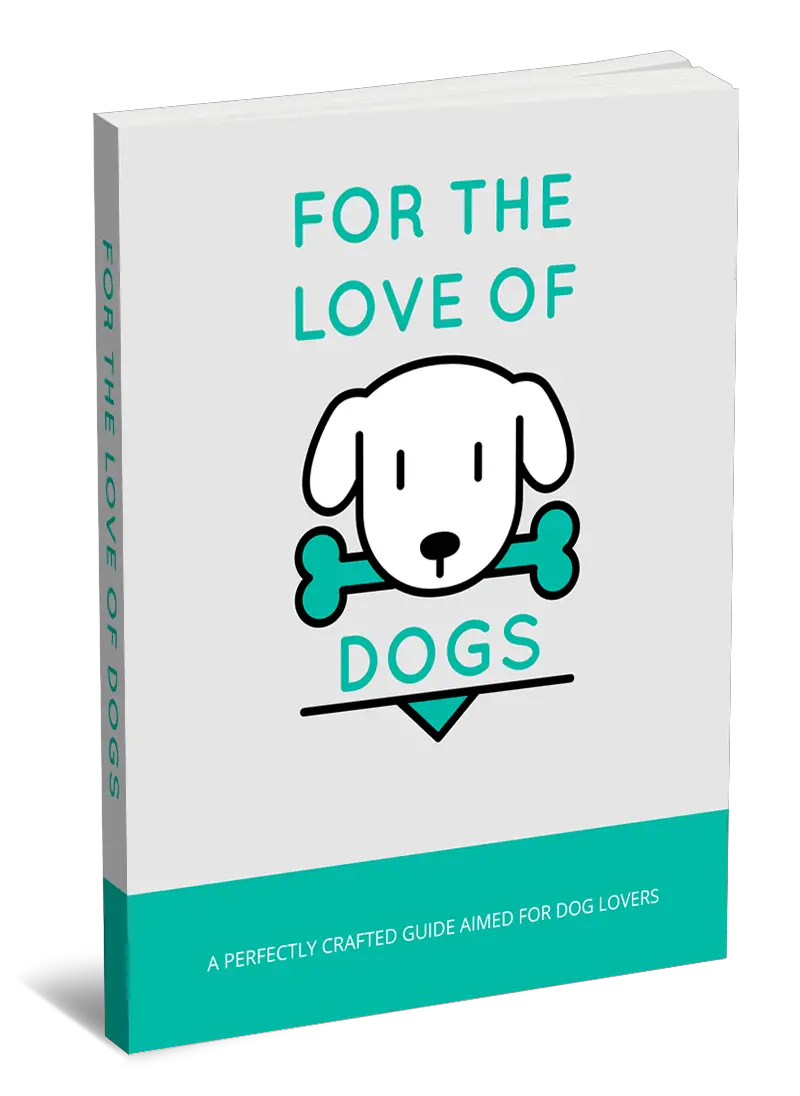Panting is as much a part of a dog’s nature as tail wagging, therefore it’s rarely a reason for any concern. But what if my dog pants so loudly at night that he can’t sleep? Here you’ll learn about the possible causes of nighttime panting in dogs and what you can do to help.
Contents
What Makes Dogs Pant?
Every dog pants now and then, some more than others. Dogs, unlike humans, only have sweat glands on their paws, therefore panting helps them maintain their body temperature. They don’t get to sweat, in other words. However, in extremely hot weather or after exertion, the animal’s body must also cool down. Dogs regulate their body temperature through panting, whereas we do it by sweating.
Through the increased respiratory rate and sticking out the tongue, the dog’s saliva evaporates, which causes cooling. Since the salivation of quadrupeds is considerably more powerful than that of humans, it is a highly successful approach. But what happens when dogs pant at night, when the body should be relaxed and its respiratory rate should drop down, rather than after exercise or when it is hot?
Why Does My Dog Pant So Much At Night?
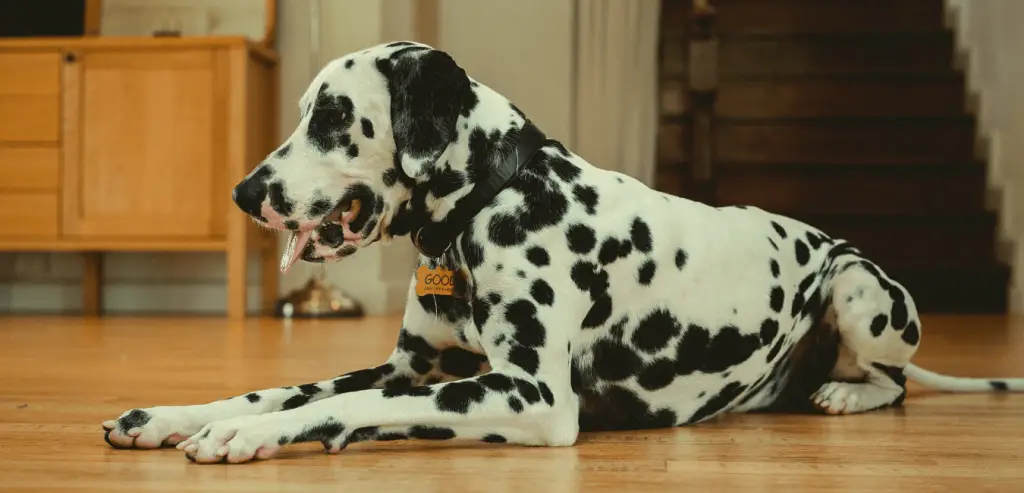
Dogs, like us, require rest during nighttime. The heart rate drops to between 10 and 40 breaths per minute, while the pulse and blood pressure decrease. A dog’s heart rate increases tenfold, from 300 to 400 breaths per minute, when he pants more heavily. When the summer nights are a bit warm and the dog is fatigued from an afternoon walk, it is obvious that he must pant, regardless of the time.
The dog’s complexion and head shape play a role here as well: short-snouted breeds, such as the Pekingese or the Pug, have less effective panting due to their narrow airways. They have to pant significantly harder than others to get cool enough. Large dogs pant more than tiny dogs because it takes them longer to regulate their body temperature.
However, if your dog is panting heavily at night, for an extended period of time, and for no obvious cause, it could indicate that he is not feeling well. It is important that you pay attention and help in this situation.
What Causes Night Panting?
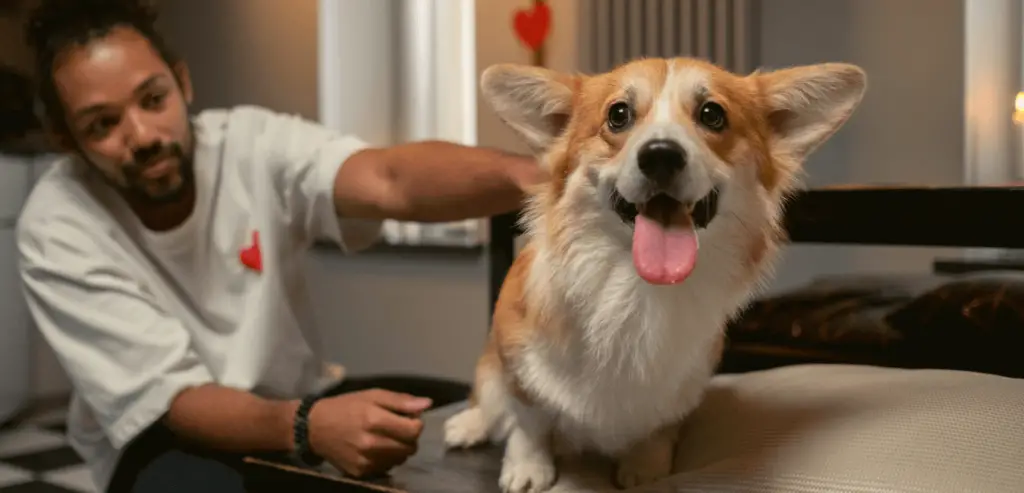
High panting in dogs at night can be caused by a variety of factors, including the following:
- A high interior temperature: it’s possible that the temperature inside the house is too hot during the summer, or even in the winter when the heating is turned on. If your dog is sensitive to heat and his bed is next to the heating or fireplace, for example, he will most likely be unable to sleep. The same thing happens during the long summer nights, when the temperature barely drops and the sun has warmed the dog’s resting area all day. He’ll pant harder to drop his body temperature if he doesn’t have a cooler place to sleep.
- A lot of activity before bedtime: you might not have time during the day to go for a long stroll with your dog. As a result, many dog owners try to reclaim this exercise at night. After work, go for a run in the park, play with a stick or a ball, or go for a bike ride with your dog behind you… At night, some dogs receive a lot of exercise. They need a certain amount of time to return to their regular temperature, depending on their complexion and physical condition, which is why they spend much of the night panting, despite the fact that they have been lying in their resting area for a long time.
- Stress, fear, or nerves: dogs react to stress or fear in the same way that humans do, by accelerating their pulse and breathing. As a result, panting could indicate that your dog is scared or that something has startled him. Strange noises, such as fireworks, can create panic in sensitive dogs, causing them to pant. Even some situations during the day can exhaust the pup to the point where he can’t sleep at night. Others are terrified when the house lights are turned off at night and they are forced to sleep alone in a room with the door to their humans’ bedroom shut. You’ll need to monitor your dog for several days to figure out what makes it nervous. On which nights does the panting become more intense? Is there anything unusual that happened during the day? Have you experienced a shift in your routine? Were there weird noises in the middle of the night? Have you relocated your dog’s bed or left the window open when you typically leave it closed?
- They eat too late or poorly: if you feed your dog every night before bedtime, night panting may be the result. Above all, if you feed him raw red meat from beef or buffalo, his body temperature will rise. To keep his body cool, the dog will pant. Even gastrointestinal problems caused by illness or changed metabolic activity might lead the dog to refuse late meals and pant in discomfort. In general, one to two main meals should be fed to the dog during the day, depending on the necessity. It is best to avoid feeding him, especially with meat, at night.
- Illnesses and pains: if your dog pants a lot at night, it could be a sign of an illness. The symptoms may begin at night, when the dog is relaxed and not distracted by the activities of the day. It’s advisable to take him to the vet if he’s panting for none of the causes stated above, such as high temperature or late exercise. Excessive panting is a way for dogs to show significant pain, which can be caused by internal organs, joint problems, or injuries. Other causes of panting in dogs include lung or heart disorders, as well as hypothyroidism.
Stopping Nocturnal Dogs From Panting
If your dog is panting due to heat, exercise, or late feeding, you can help them settle by taking a variety of measures. Patience and compassion can help lessen stress as a cause of panting in dogs. You can reduce panting by taking some of the following steps, depending on the cause:
- When your dog is panting from the heat, a cooling base will help. It is important that your pooch can cool off during the hot summer days when the indoor temperature soars and hardly cools at night. Remove any warm blankets or pillows from the sleeping space and place him on the stone floor or cooled tiles. You can acquire a cooling mat for dogs if the ground isn’t cool enough or if your dog doesn’t like it. This will keep him cool and comfortable for several hours. The same principle applies to cooling collars.
- During the day, engage in activities that will tire your dog. It’s obvious that some dogs can’t get enough and would spend the entire day running around. However, you should provide ample time for your dog to cool down after exercising. Make sure he gets some exercise in the morning or throughout the day so he can relax in the evening with a short walk around the block.
- When stress or fear is the culprit, move your dog’s bed to a different location. You can try shifting your dog’s bed if he is terrified at night because he sleeps in the next room and doesn’t see you or because he hears weird noises via the open window. If he won’t sleep in your bed with you, perhaps you can make a spot for him at the foot of your bed or in the corner of your room. So he’s in the same room with you and can hear your relaxed breathing, which will help him relax. It is preferable to close the window at night if noise penetrates through it. Putting on a night light can often suffice to soothe him and show him that everything is in order.
- Avoid feeding your dog late at night and only feed him meat during the day. As previously said, feeding your dog late in the evening can overload his digestive system and induce night panting. You can skip giving him food at night if you offer him one or two portions of essential nutrients every day. Healthy eating habits and regular feeding times have a significant impact on your dog’s well-being.
When Is It Necessary To Visit The Veterinarian?
If your dog’s nighttime panting is excessive and for no apparent reason, such as heat or exhaustion, you should take him or her to the veterinarian as soon as possible. Only the vet will be able to determine whether the panting is caused by pain or a serious illness through many tests. The sooner you notice the ailment, the sooner you can assist your furry friend in getting healthy.

